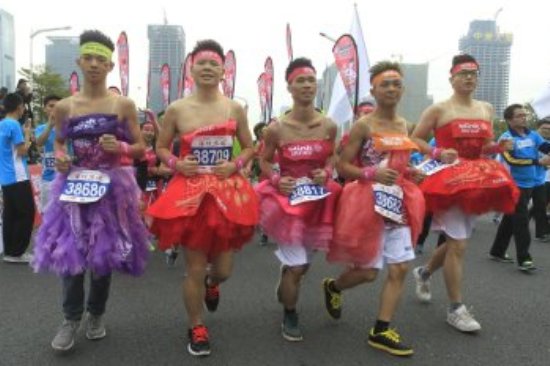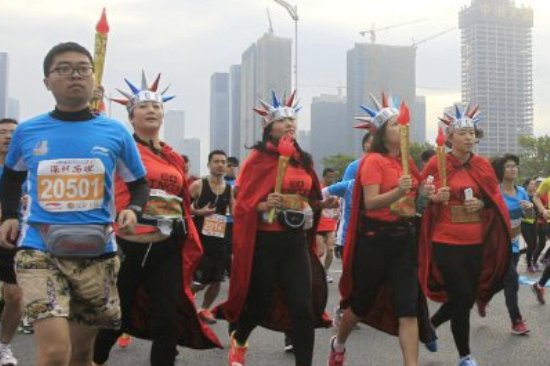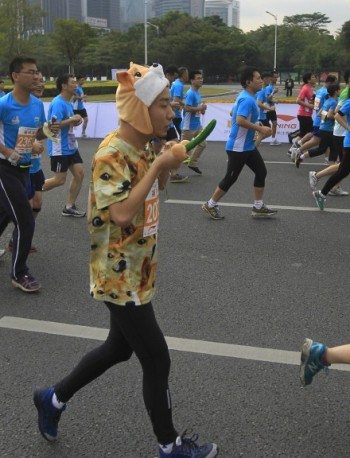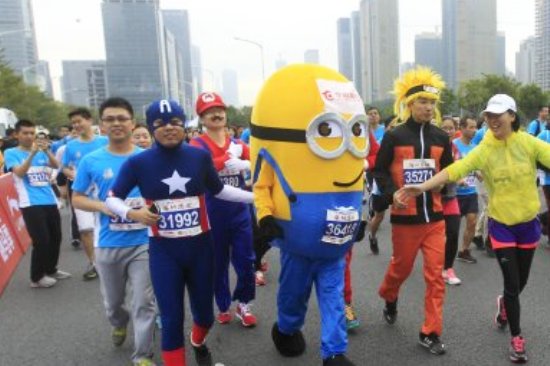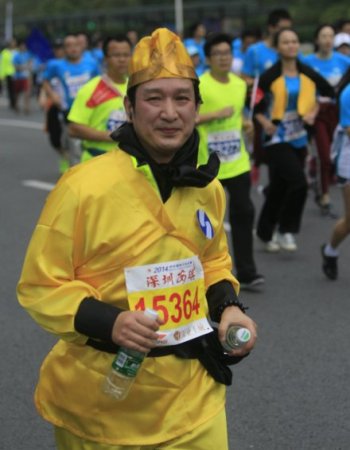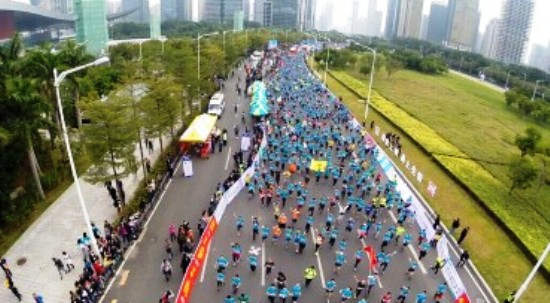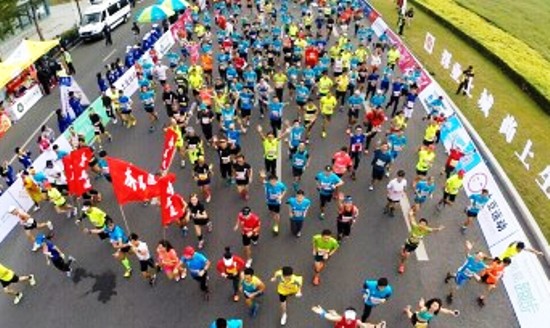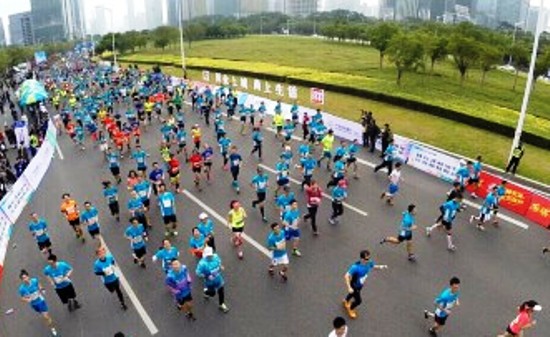
China’s Vice Premier Liu Yandong (center) and NBA officials at the signing ceremony in Beijing.
China’s Ministry of Education has entered a “strategic partnership” with the NBA to incorporate fitness and basketball into the elementary, middle and high school curriculum across China. The goal of the partnership is to promote a well-rounded education, emphasizing sport to boost the country’s physical education as academic pressure weighs down students who often choose books over sports to improve their exam scores.
The partnership, signed in mid-October, marked the ministry’s first partnership with an American professional sports league, according to a press release by the NBA. The league announced the partnership was aimed to “provide enhanced basketball training to at least 3 million students by 2017”.
As part of the curriculum, NBA players and coaches will visit Chinese schools to conduct basketball clinics, and provide specialized instruction to Chinese coaches and physical education teachers.
The signing ceremony in Beijing was celebrated with a host of high-level Chinese and NBA officials, including China’s Vice Premier Liu Yandong, Vice Education Minister Hao Ping and Sports Minister Liu Peng, and NBA Commissioner Adam Silver.

Yao Ming was enrolled into Shanghai Transportation University in 2011.
Whether this will help lift the game’s profile and inspire wider sports participation in China’s schools remains to be seen. Gym classes are generally considered subordinate to math, English, Chinese or other core courses in terms of importance.
At least 10 percent of all schools across China do not have qualified sports or music teachers, reported Nandu, citing statistics from the education ministry. As a result, most of the country’s national athletes are selected from niche sports groups instead of students in the general education system, one education official told the newspaper on the condition of anonymity.
“The biggest difference between China’s competitive sports and the West’s is that they have athletes with university degrees, but we have athletes who pursue university degrees after retirement,” said Chen Peide, a former bureau chief of Zhejiang Sports Centre, who had frequently advised President Xi on the issue. China’s most famous basketball star, Yao Ming, went to Shanghai Transportation University after his retirement in 2011.
“For many of the athletes, they don’t have strong education backgrounds, and often times they are forced to seek out other professions after retirement because of this,” Chen added. Lao Lishi, a gold medallist diver, went on to open a shop on Taobao, China’s biggest e-commerce website, after retirement.
It will take a lot for China to learn to love basketball. Another sport – soccer – has had the support of international clubs and associations for years without much success.
Photos: NBA; nbahupu.com
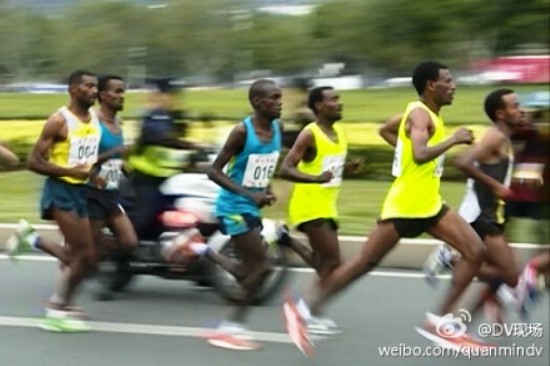 The 2014 Shenzhen International Marathon took place over the weekend with more than 15,000 participants from 30 countries.
The 2014 Shenzhen International Marathon took place over the weekend with more than 15,000 participants from 30 countries.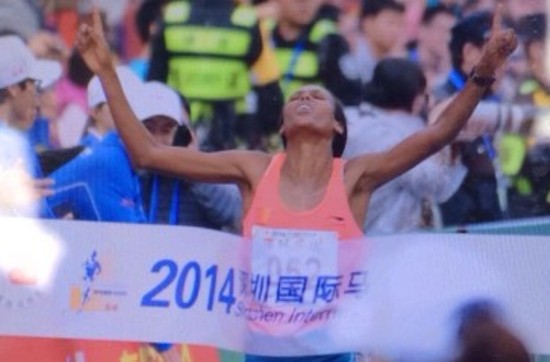
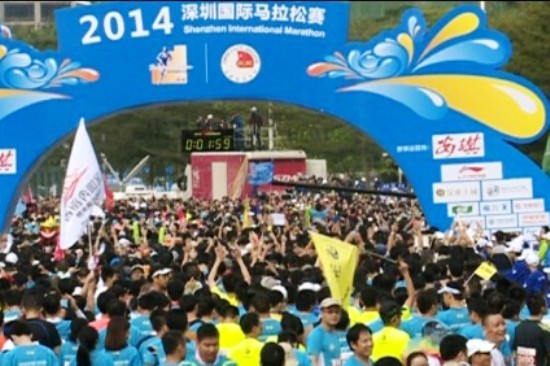 This is the second year for the marathon in Shenzhen. While many take it seriously, others use it as an opportunity to perform. Here are some of the more colorful participants who ran at a nice leisurely pace more conducive to picture-taking:
This is the second year for the marathon in Shenzhen. While many take it seriously, others use it as an opportunity to perform. Here are some of the more colorful participants who ran at a nice leisurely pace more conducive to picture-taking: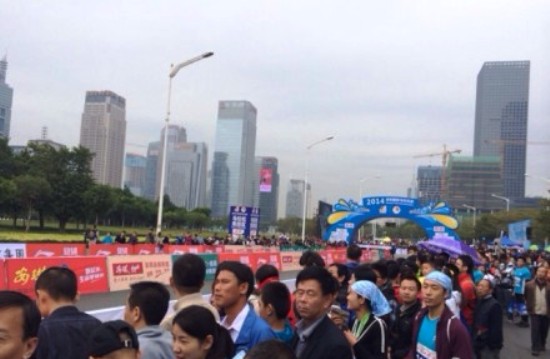 Photos: DV On Scene, Southern Daily, Shenzhen Traffic Police, Weibo
Photos: DV On Scene, Southern Daily, Shenzhen Traffic Police, Weibo
